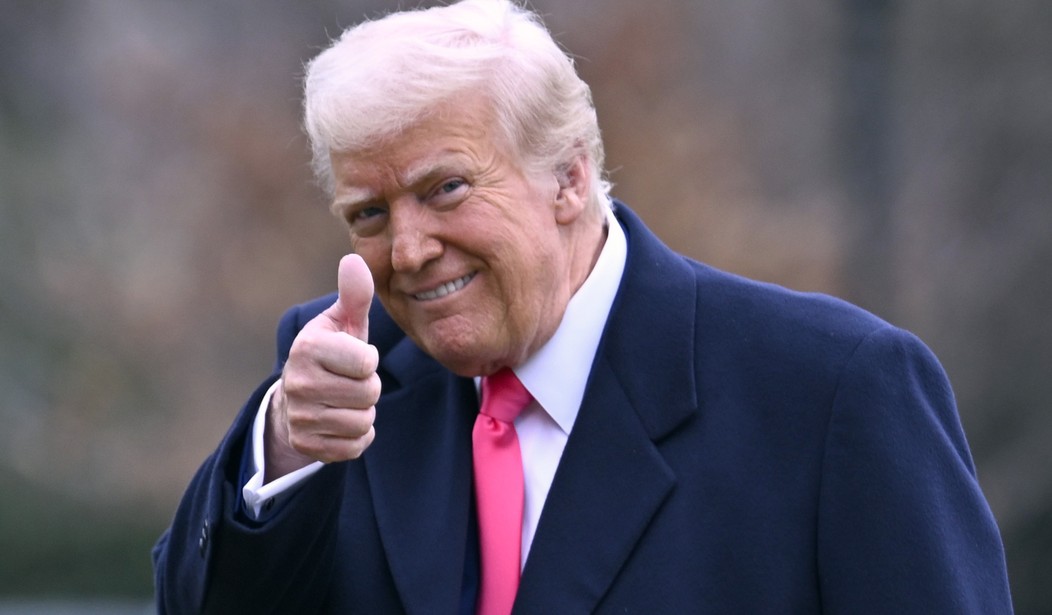In a decisive move on Thursday, the U.S. Senate confirmed 48 of President Donald Trump’s nominees in a single vote, shaking up the traditionally slow nomination process. The vote passed 51-47, marking a dramatic shift from the extended delays and procedural blockades that had plagued the confirmation of even low-level executive branch nominees. This unprecedented action followed a Republican-led rules change, often called the “nuclear option,” which allowed the Senate to confirm multiple nominees en bloc with a simple majority vote—skipping the often lengthy cloture votes on each nominee individually.
The rule change passed along party lines with a 53-45 vote and was a direct response to the Democrats’ prolonged stalling tactics that left nearly 100 civilian nominations languishing. Republican leaders were frustrated by the delays in filling critical positions in the executive branch, which the Democrats’ refusal to consent only exacerbated. The change was seen as a much-needed pushback to the partisan gridlock, with Senate Republicans now able to move forward with confirming nominees quickly and efficiently.
Chuck Schumer, the Senate Minority Leader, tried to justify the delays, claiming that Trump’s nominees were “historically bad,” but this argument rings hollow. In reality, President Trump appointed top-tier individuals who were more than capable of executing his agenda, and the delay tactics were simply a means of obstructing the will of the majority. Under President Trump, over 50% of his nominees were approved by voice vote, while President Biden’s administration saw 60% approval, a sharp contrast to the current lack of any voice votes under Biden's tenure.
Some of the high-profile figures confirmed through this vote included Kimberly Guilfoyle, named ambassador to Greece, Callista Gingrich, appointed as ambassador to Switzerland and Liechtenstein, and former Representative Brandon Williams, designated as undersecretary for nuclear security at the Department of Energy. These confirmations are just the tip of the iceberg, with more nominations slated for confirmation in the coming week.
A significant part of the credit for this successful vote goes to Chuck Schumer’s refusal to negotiate, which pushed President Trump to his breaking point. As tensions boiled over, Trump famously told Schumer to “GO TO HELL!” on social media, underscoring the frustration with the delays.
Democrats have framed the rule change as a risky maneuver that Republicans will regret when they’re back in power, but they conveniently overlook the fact that no Democratic Senate Majority Leader would have allowed the GOP to stall on confirming a Democrat president’s minor nominees for seven months. Furthermore, there is no instance of Republicans employing such delay tactics against the problematic individuals staffing Biden’s administration.
As of now, over 100 nominations remain to be confirmed, with the bulk of them expected to be finalized within the next week. The nuclear option has forever changed the landscape of how executive nominations are handled in the Senate, and it remains to be seen how future administrations will navigate this new rule.


